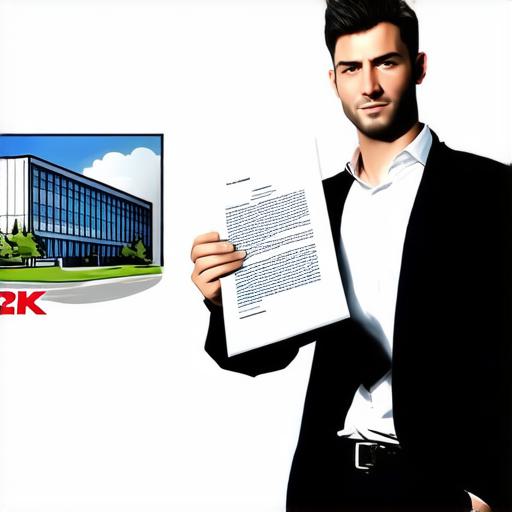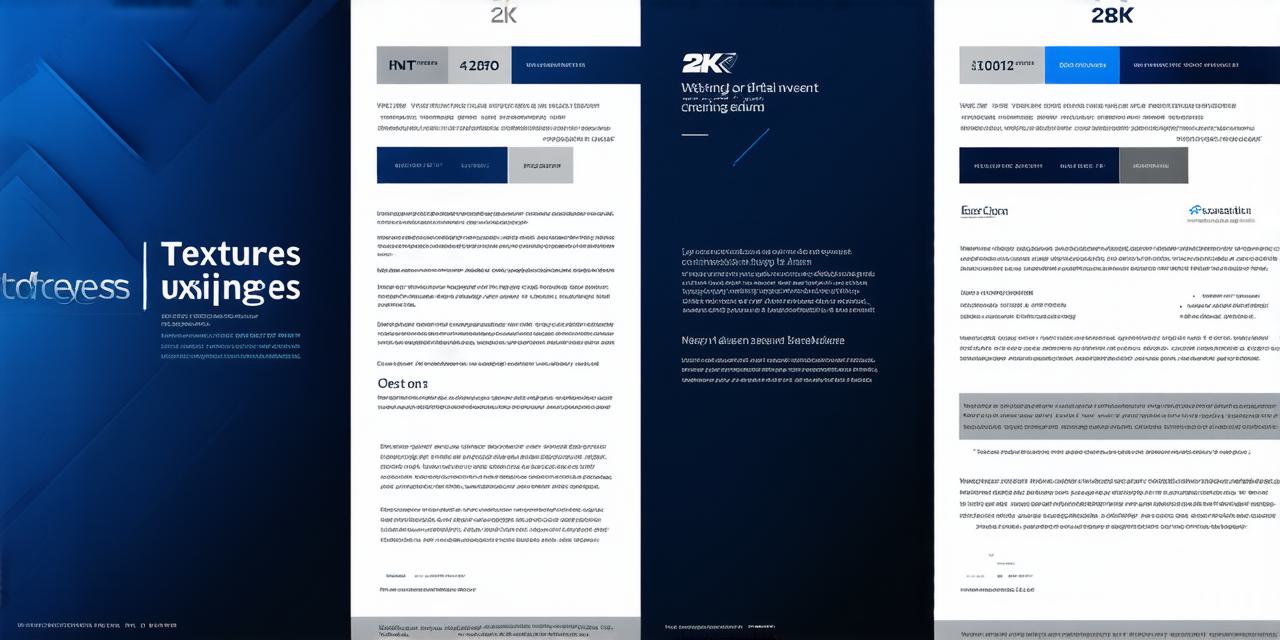In the competitive world of web design, standing out from the crowd is crucial. One of the most effective ways to do this is by crafting an exceptional cover letter that showcases your unique skills and experiences.
Why Your Cover Letter Matters
Your cover letter serves as the first impression, setting the tone for the rest of your application. It’s your chance to demonstrate why you are the ideal candidate for the position. A well-written cover letter can help you secure an interview, while a poorly written one may result in your application being overlooked.
Tips for Writing an Effective Cover Letter

-
Customize Each Cover Letter: Tailor your cover letter to each job posting, highlighting the skills and experiences that are most relevant to the position.
-
Keep it Concise: Aim for a one-page letter, focusing on key points rather than providing an exhaustive list of your qualifications.
-
Use Action Verbs: Start each paragraph with a strong action verb to make your writing more dynamic and engaging.
-
Show, Don’t Tell: Instead of simply stating that you are a skilled web designer, provide examples of projects where you have demonstrated this skill.
Examples of Successful Cover Letters
Here’s an example of a cover letter for a Junior Web Designer position:
[Your Name]
[Your Address]
[City, State, Zip Code]
[Email Address]
[Today’s Date]
[Employer’s Name]
[Company Name]
[Company Address]
[City, State, Zip Code]
Dear [Employer’s Name],
As a recent graduate with a Bachelor’s degree in Web Design and Development, I am excited to apply for the Junior Web Designer position at your esteemed company. In my previous internship at XYZ Corporation, I designed and developed several responsive websites that increased user engagement by 30%. I believe my skills and passion make me an excellent fit for this role.
[Provide more details about your qualifications and experiences here]
Sincerely,
[Your Name]


